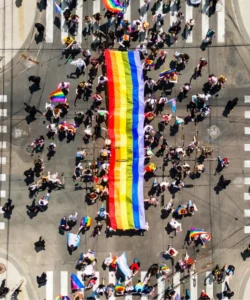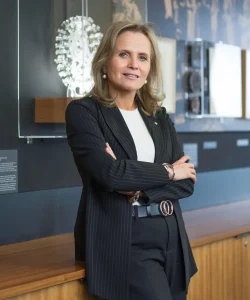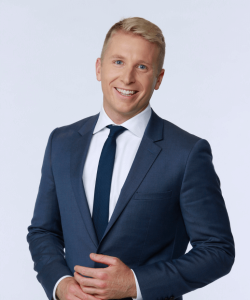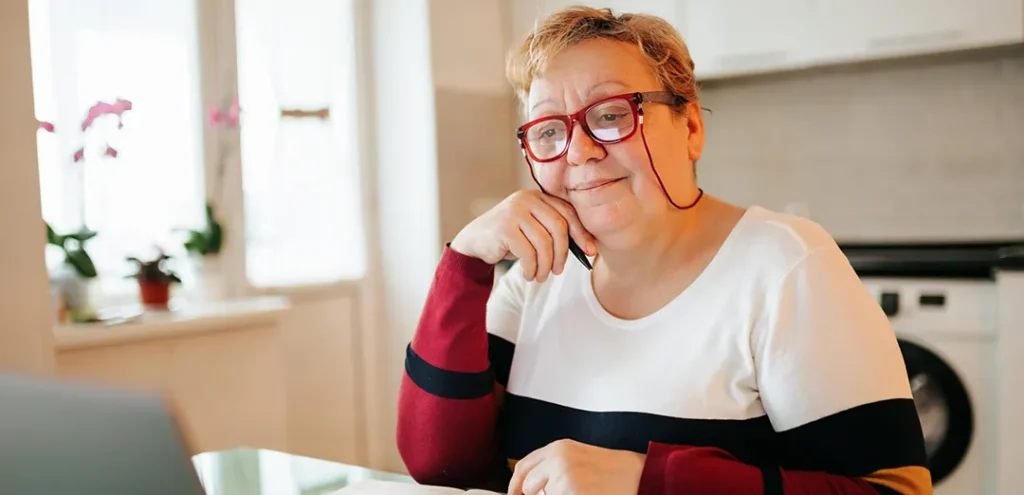Written by Ashton Harrison, BSocWk(Hons)
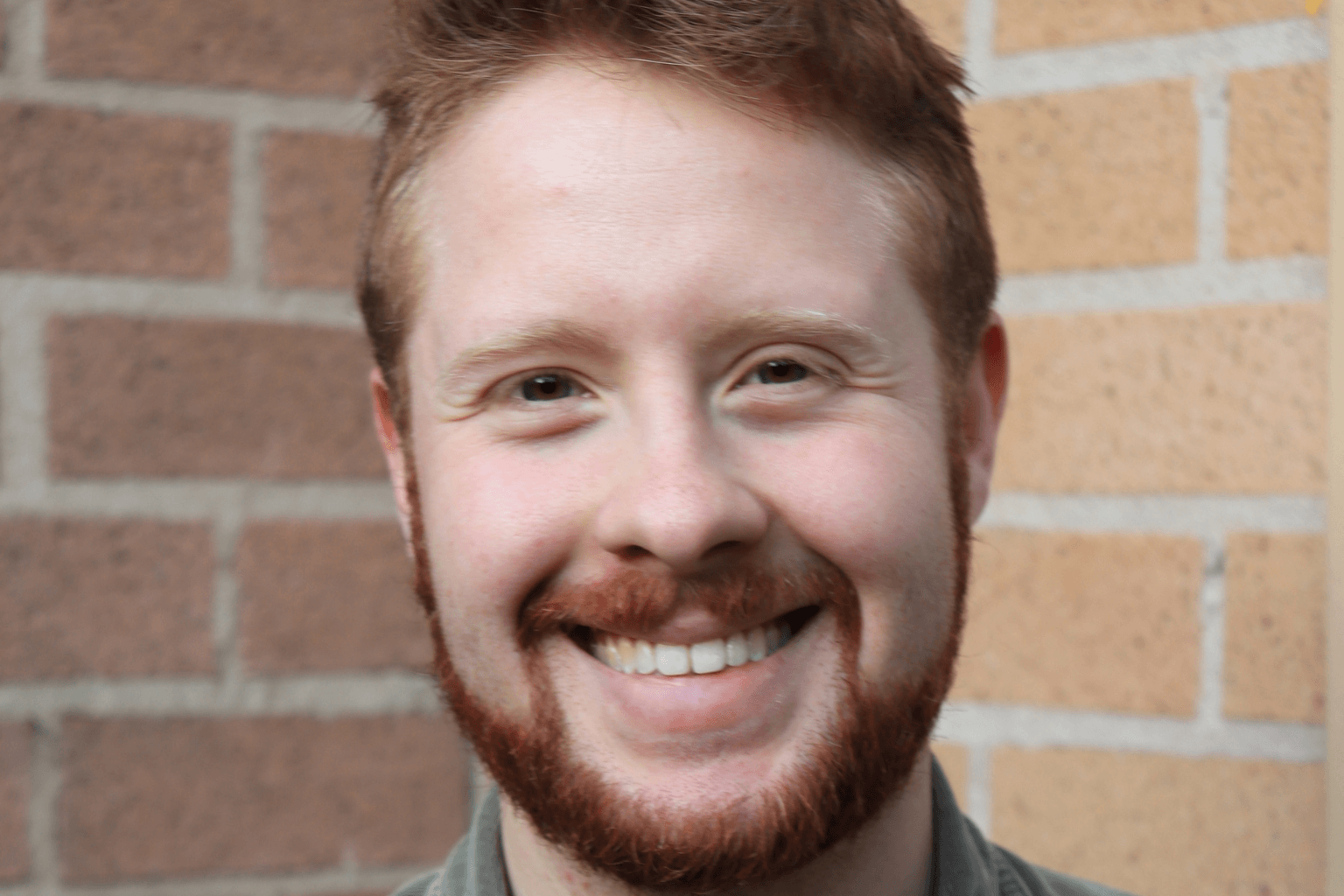
Trans and gender-diverse people living with a disability experience a prominent level of marginalisation due to the intersecting systems of oppression, ableism and transphobia.
Ableism is the systemic discrimination against people living with a disability, and transphobia is the discrimination towards trans and gender-diverse people. These can impact all aspects of people’s lives, such as safety, employment, social interactions and access to life-saving medical interventions such as gender affirming surgeries and hormonal therapies. These barriers, therefore, can result in discrimination or gaps when accessing and receiving disability support from service providers.
Trans and gender-diverse individuals do not identify with the biological sex assigned at birth, and/or do not fit within the colonial gender binary structure that exists. Many trans and/or gender-diverse people live with a psychological disorder called gender dysphoria, which is psychological distress caused by incongruence between assigned sex and gender identity. Suitable treatments can range from social transitioning, wearing clothes that fit their identity, updating legal documentation, publicly changing name and/or pronouns or medical transitioning, which can include hormonal replacement therapy and gender reconstruction surgeries.
No one-size box fits all, and identities and choices of expression are up to the individual, but it is the responsibility of all services and people around them to respect their identity.
Across all stages – questioning, transitioning, or living openly as their preferred gender – people with a disability are often dismissed or misunderstood by care and service providers. Many face assumptions that they are confused or influenced by external factors, which can have detrimental impacts on their wellbeing and sense of self. If gender affirming care is not attained in a timely manner, it can lead to the development of psychological disorders such as anxiety, depression, suicidal thoughts, self-harm or heightened risk of drug dependency.
People with a disability who are trans and/or gender-diverse can face a prominent level of discrimination when support services are being provided. This is experienced when engaging in social programs, community support or when receiving in-home care.
Imagine you are in your own home, your safe place and your support worker who is meant to be providing you with much needed care, questions your choice of clothes, uses your incorrect name and/or pronouns, as well as judges who you are. Unfortunately, this is a normalised reality for many in the trans and gender-diverse community who live with a disability.
At Bobby Goldsmith Foundation, we pride ourselves in providing gender-affirming care to our trans and gender-diverse service users who live with a disability. We do this by adopting a client-centred approach, being respectful and supportive and providing care that recognises the importance of building gender euphoria. Many of our staff, including myself, are proud trans and gender-diverse individuals, and we strive to listen, support and allow our trans and gender-diverse clients who are living with a disability to live as their true selves, without fear of discrimination.
Ashton is one of our case workers here at BGF, he is a proud transgender man and fierce advocate for the LGBTQIA+ community. He is a qualified social worker who graduated with honours from UNSW and his work has previously been published by the International advocacy publication, Release Peace. Ashton works and creates from an intersectional, social justice and community development lens.

